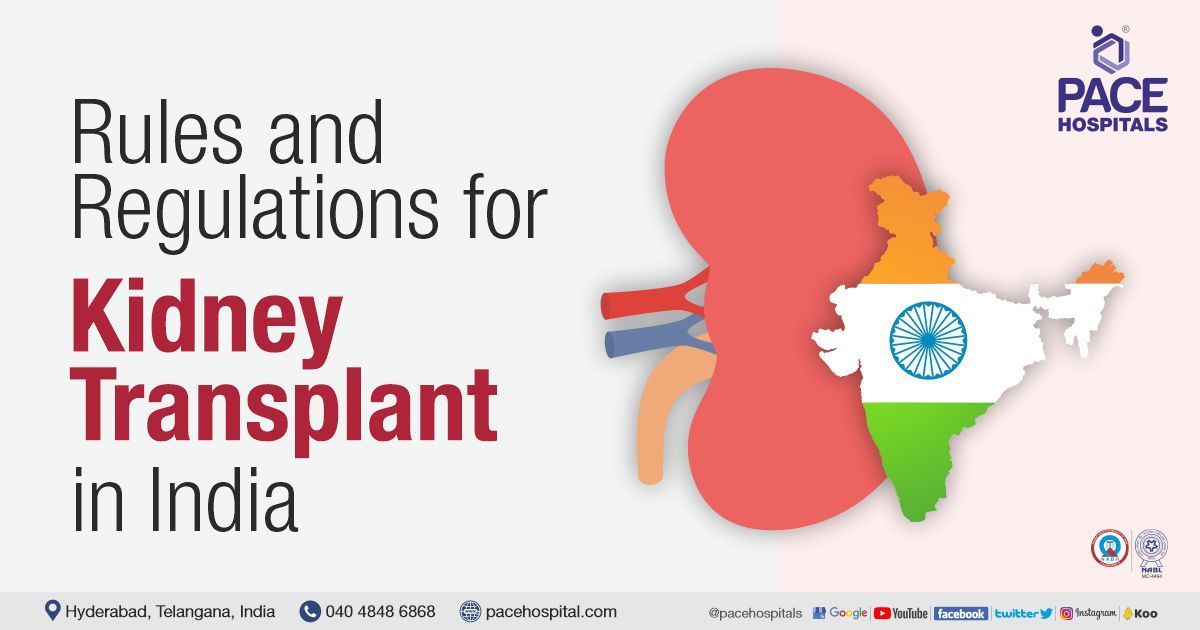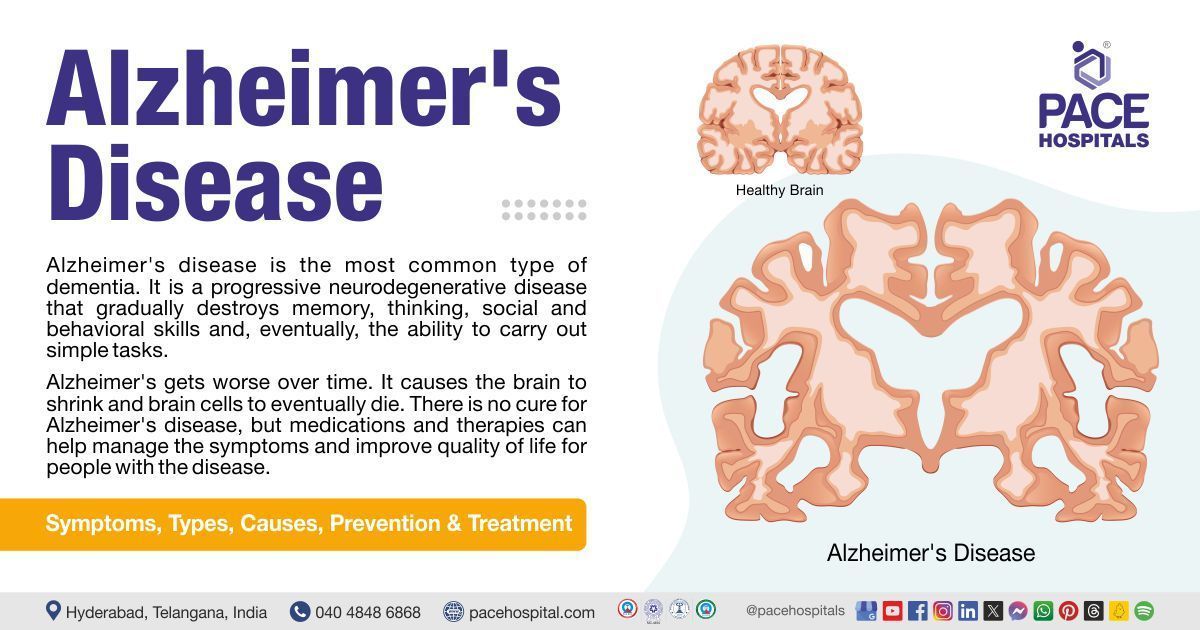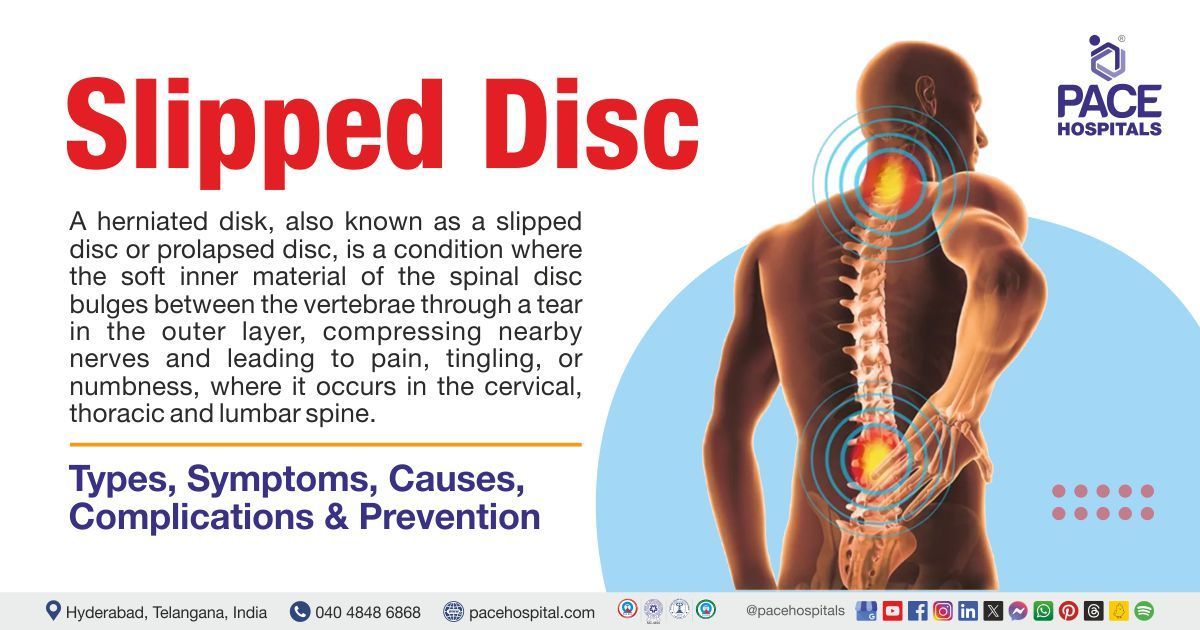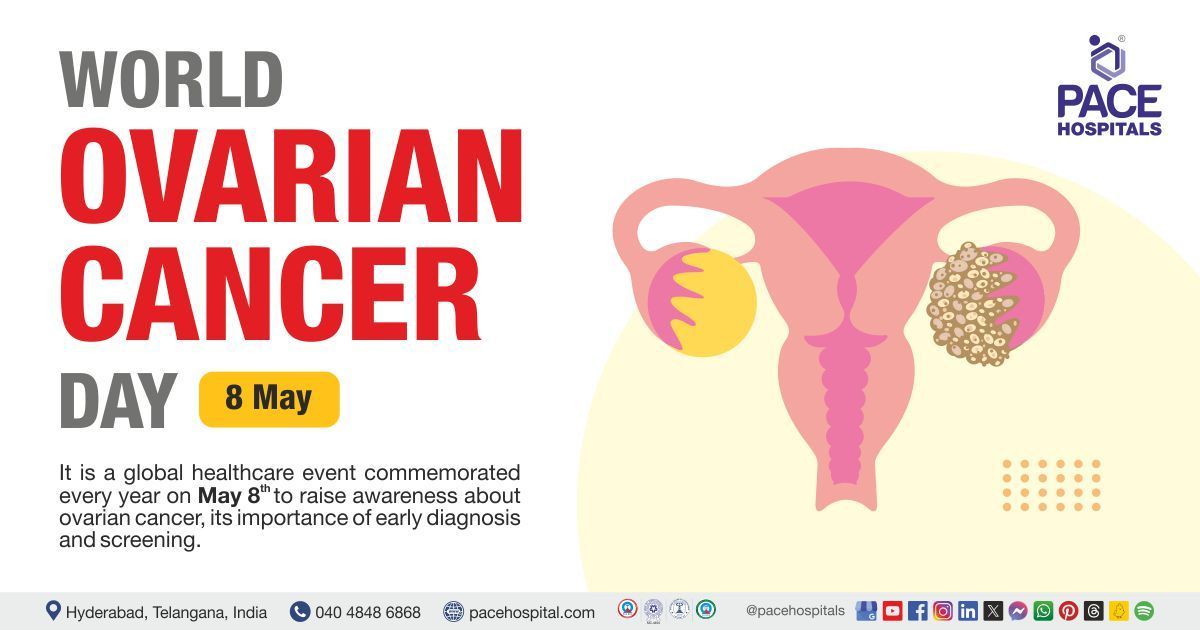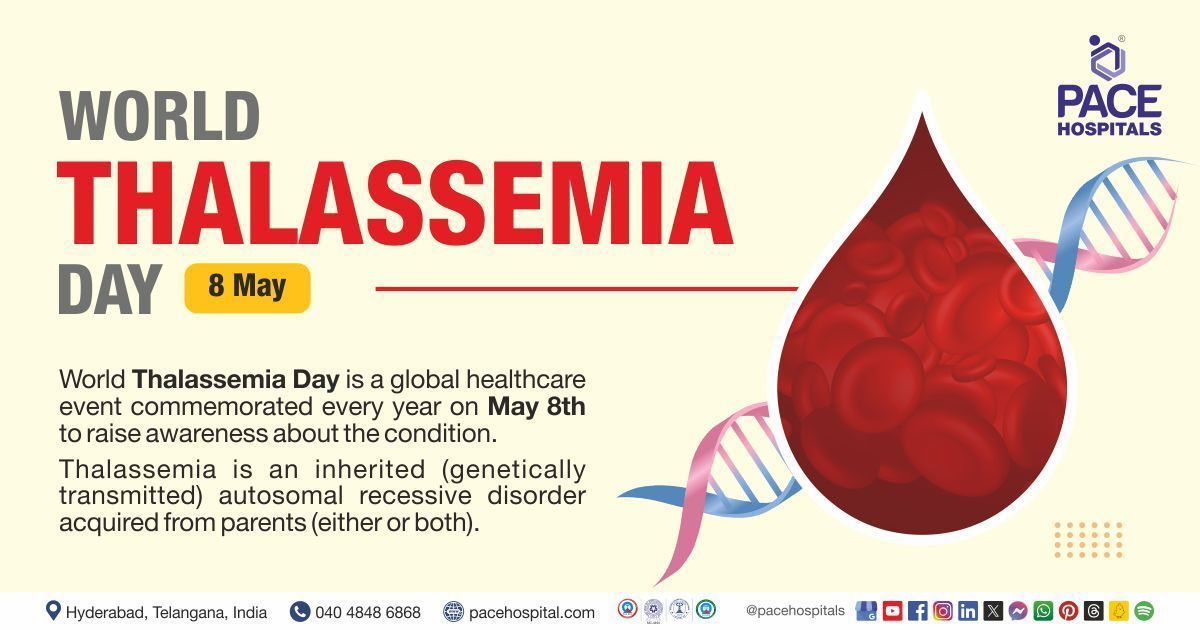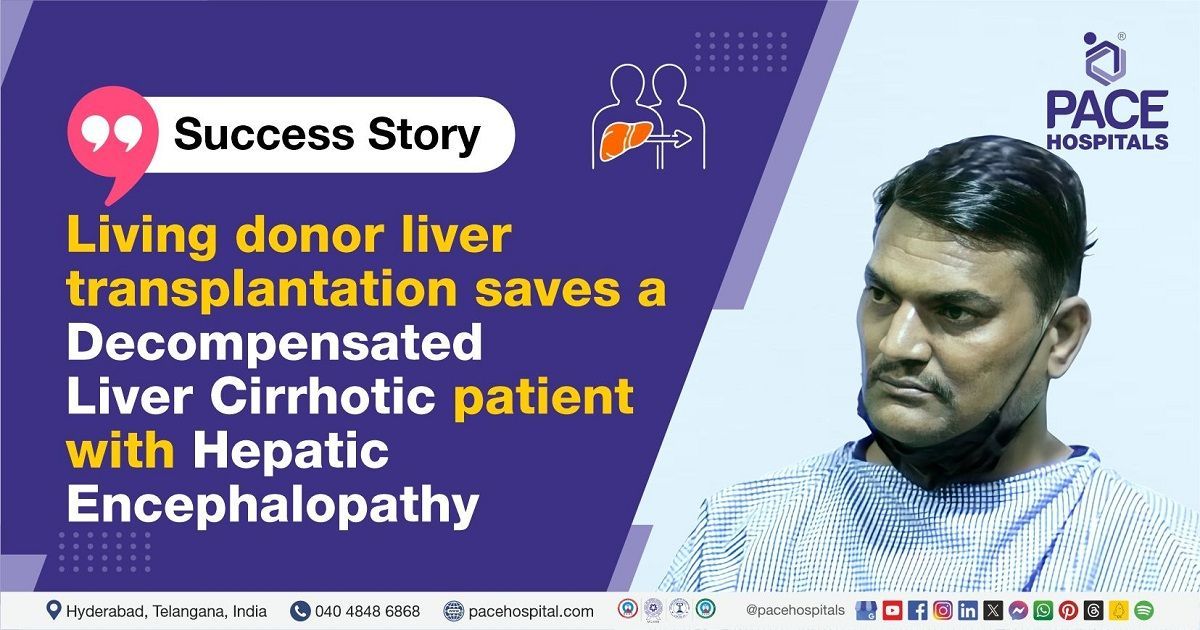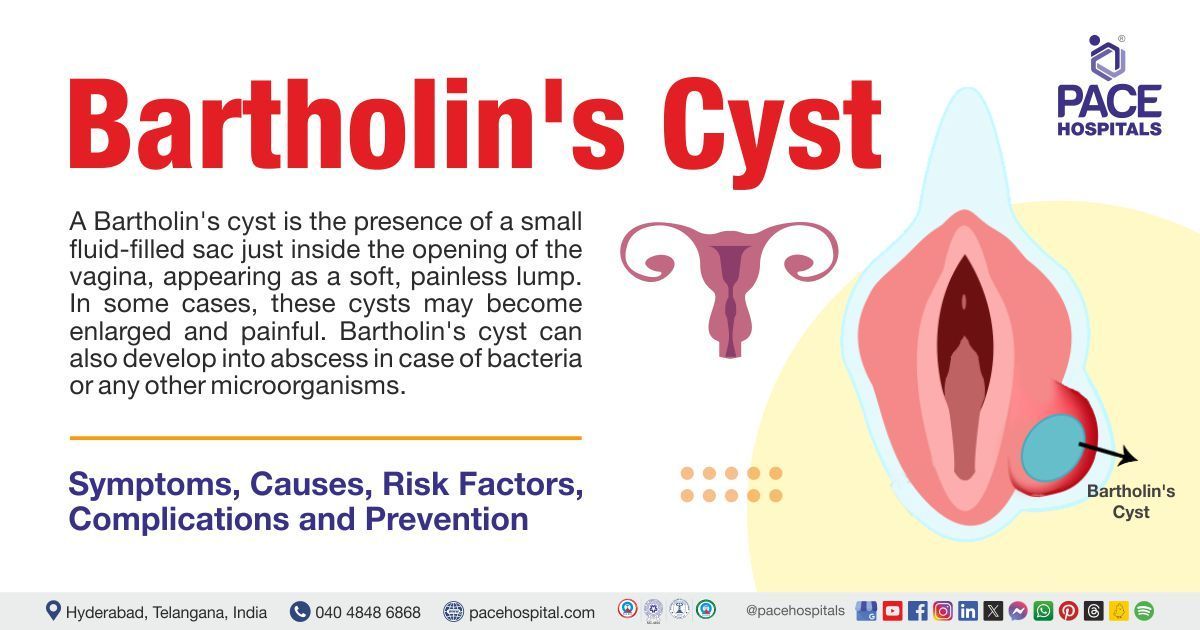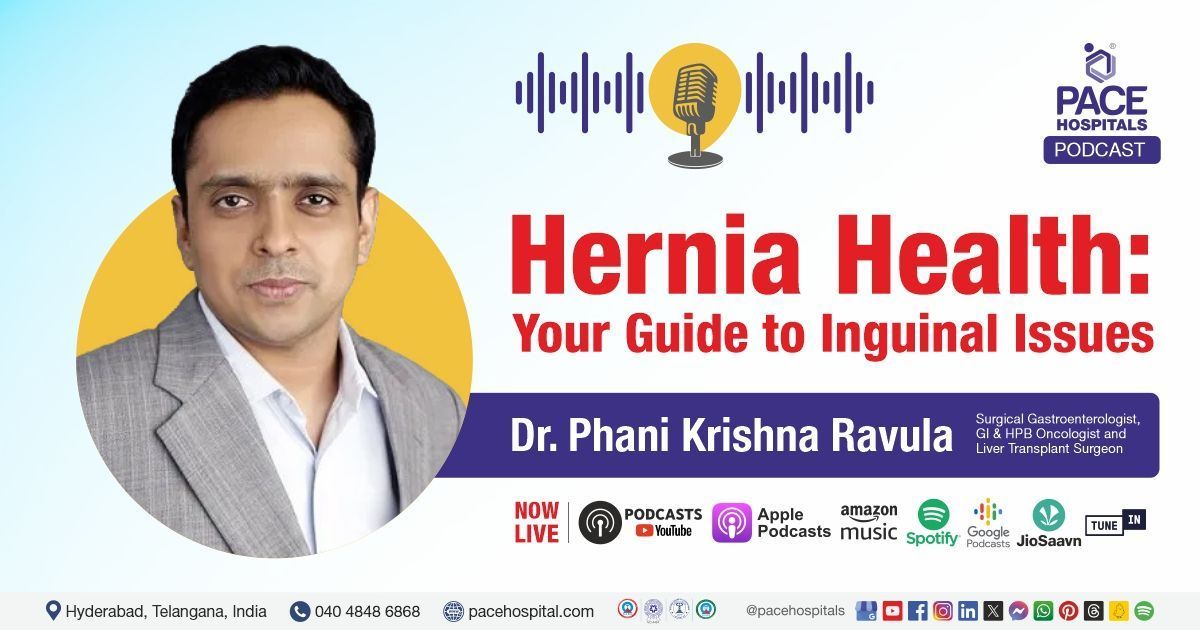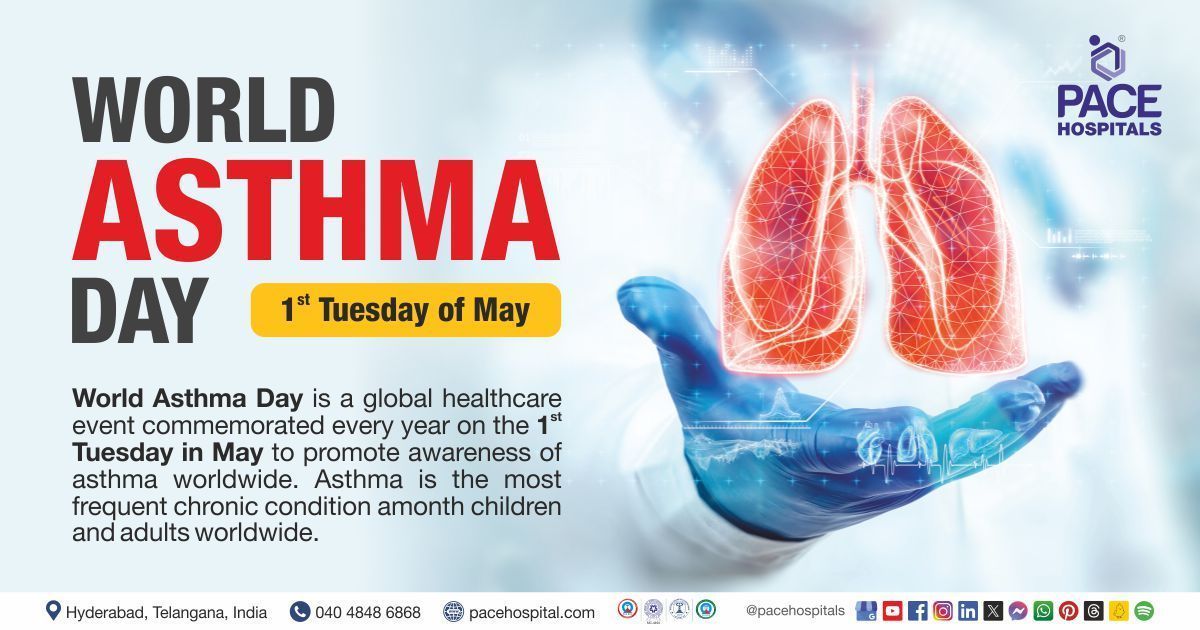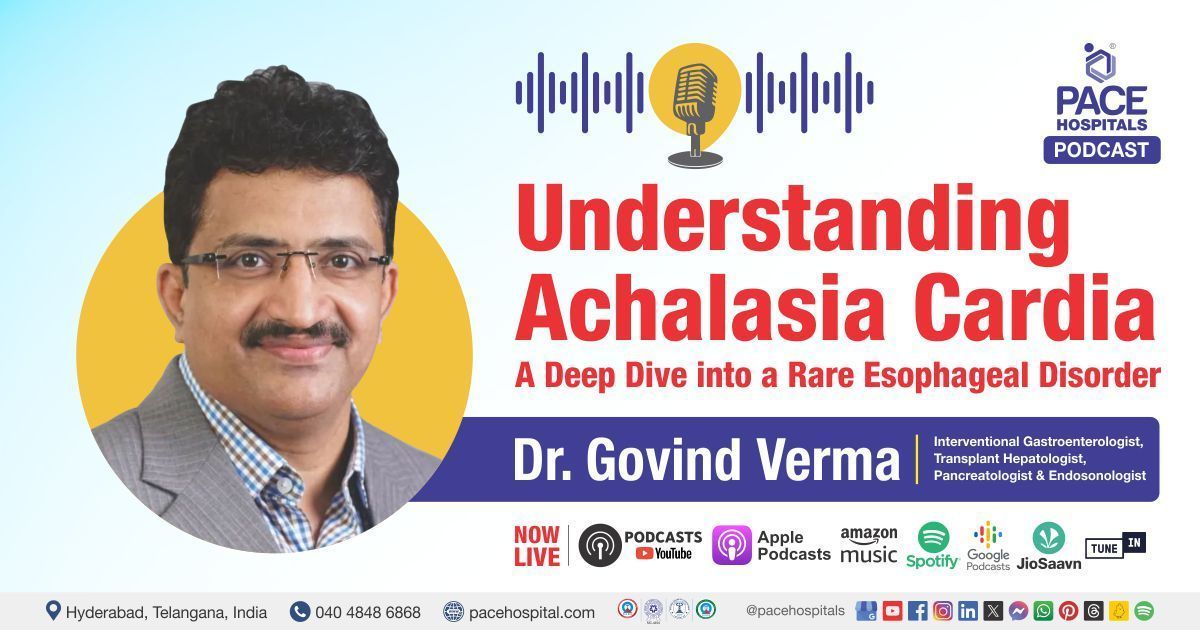Rules and Regulations for Kidney Transplant in India
Kidney transplantation in India is done under the rules and regulations laid by the Govt. of India. These rules and regulations are mainly to avoid illegal selling of organs for monetary benefit and to regulate the removal, storage and transplantation of organs for treatment purpose.
The first act passed in 1994 was called Transplantation of Human Organs Act (THOA). Later the act was modified in 1995, 2008, 2011 and 2014. Ministry of health and family welfare in 2014 notified the Transplantation of Human Organs and Tissue Rules which is currently followed in the whole country.
Based on the source of donor organ, kidney transplant is classified as living donor transplantation or cadaveric (deceased-donor) transplantation.
Living donor transplantation
Any living person willing to donate his kidney should be in proper state of health and should not be mentally challenged. He should be fit to donate the kidney. If there is any doubt regarding the mental status of the living donor, then he needs to be evaluated by a psychiatrist.
Types of living donors
Living kidney donors can be any one of the following:
- Near related donor (includes brother, sister, mother, father, son, daughter, grandmother, grandfather, grandson and granddaughter)
- Spousal donor
- Donor other than near relative
In case of near related donor and spousal donor, the competent authority of the hospital where transplant will be conducted grants approval. Rigorous scrutiny of documents (birth certificates, marriage certificates, marriage photographs, AADHAR, voter ID, Ration card) of relationship will be done and genetic tests are conducted if relationship is not conclusively established in case of near relatives.
Donor other than near relative can be a person who is a relative of recipient (other than near relative), neighbour, friend etc. who is emotionally attached to the patient and want to donate without any monetary benefit. Approval for such donors will be done by authorisation committee (which can be at hospital, district or state level).
In Telangana state level, authorisation committee grants approval for such donor recipient pairs. Authorisation committee will scrutinize in all the possible ways to ensure there is no financial transaction or illegal transplant in such cases. Authorisation committee will also grant approval for foreign national donor-recipient pair and swap donations.
Foreign nationals (donor and recipient) can be transplanted in India after getting permission from the respective country embassy or government and authorisation committee. Foreign nationals cannot receive a donation from an Indian national unless they are near relatives. Donation from minors is usually not permitted.
Cadaveric (deceased-donor) transplantation
Deceased donors (cadaveric donors) are people who are declared brain-dead by a team of experts. Organs from such donors are taken after the consent of immediate relatives for transplantation. Cadaveric donation in the state of Telangana is done under the prestigious and robust Jeevandan programme.
- Patients with end stage kidney disease (ESKD) on dialysis for deceased donor transplant should register themselves in the hospital (transplant centre) recognised by Jeevandan
- Affidavit should be submitted for non-availability of living donor (genetically or emotionally related)
- Patient can register in only one transplant centre
- Each hospital (transplant centre) has its own recipient list who are enrolled for deceased donor transplant and regularly updated
- After registration, patient will be placed on waiting list of transplant database of all the transplant centres maintained by Jeevandan
- Allocation is done based on blood group and score of individual patients based on multiple factors
- Blood group matching is preferred (Example: Blood group O donor organ is given to Blood group O recipient and likewise for B, A and AB blood groups)
- If there is no Blood group O matched recipient then it can be allotted to other blood groups in the order of B, A and AB.
- AB blood group recipient should receive from AB donor only. In some situations when other blood group donor (O, B, A) is available and no recipient is available to take the kidney then such kidney can be given to AB
- Scoring of individual patients is done on multiple factors like:
- Age
- Age difference between donor and recipient
- Time on waiting list
- Vascular access problems
- Previous graft failure etc.,
- If a deceased donor is available in a private hospital, then one of the 2 kidneys will be allocated to the same hospital and transplanted according to the priority list of that institution
- Other kidney will be given to general pool of all government and private hospitals combined in the state.
Request an appointment
Fill in the appointment form or call us instantly to book a confirmed appointment with our super specialist at 04048486868
Appointment request - health articles
Thank you for contacting us. We will get back to you as soon as possible. Kindly save these contact details in your contacts to receive calls and messages:-
Appointment Desk: 04048486868
Whatsapp: 8977889778
Regards,
Pace Hospitals
Hitech City and Madinaguda
Hyderabad, Telangana, India.
Oops, there was an error sending your message. Please try again later. We will get back to you as soon as possible. Kindly save these contact details in your contacts to receive calls and messages:-
Appointment Desk: 04048486868
Whatsapp: 8977889778
Regards,
Pace Hospitals
Hitech City and Madinaguda
Hyderabad, Telangana, India.
Our Locations
Subscribe to our newsletter and stay updated with the latest health information.
By clicking on subscribe now, you accept to receive communications from PACE Hospitals on email, SMS and Whatsapp.
Subscribe to PACE Hospitals News
Thank you for subscribing. Stay updated with the latest health information.
Oops, there was an error. Please try again submitting your details.
-

Payment in advance for treatment (Pay in Indian Rupees)
For Bank Transfer:-
Bank Name: HDFC
Company Name: Pace Hospitals
A/c No.50200028705218
IFSC Code: HDFC0000545
Bank Name: STATE BANK OF INDIA
Company Name: Pace Hospitals
A/c No.62206858997
IFSC Code: SBIN0020299
Scan QR Code by Any Payment App (GPay, Paytm, Phonepe, BHIM, Bank Apps, Amazon, Airtel, Truecaller, Idea, Whatsapp etc)
Call us at 04048486868
ADDRESS
PACE Hospitals
Hitech City : Beside Avasa Hotel, Pillar No. 18, Hyderabad - 500081
Madinaguda: Mythri Nagar, Beside South India Shopping, Madinaguda, Hyderabad - 500050
QUICK LINKS
Disclaimer
General information on healthcare issues is made available by PACE Hospitals through this website (www.pacehospital.com), as well as its other websites and branded social media pages. The text, videos, illustrations, photographs, quoted information, and other materials found on these websites (here by collectively referred to as "Content") are offered for informational purposes only and is neither exhaustive nor complete. Prior to forming a decision in regard to your health, consult your doctor or any another healthcare professional. PACE Hospitals does not have an obligation to update or modify the "Content" or to explain or resolve any inconsistencies therein.
The "Content" from the website of PACE Hospitals or from its branded social media pages might include any adult explicit "Content" which is deemed exclusively medical or health-related and not otherwise. Publishing material or making references to specific sources, such as to any particular therapies, goods, drugs, practises, doctors, nurses, other healthcare professionals, diagnoses or procedures is done purely for informational purposes and does not reflect any endorsement by PACE Hospitals as such.

